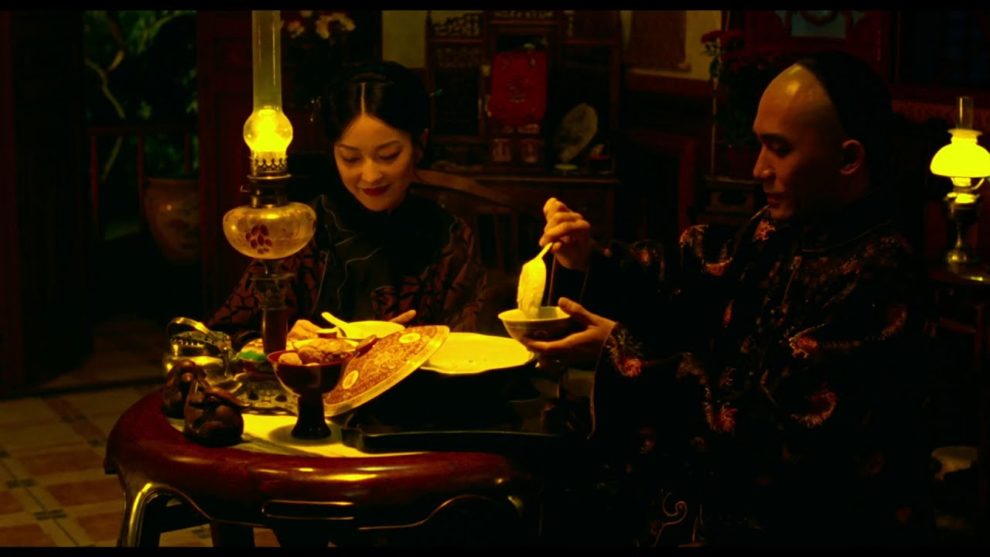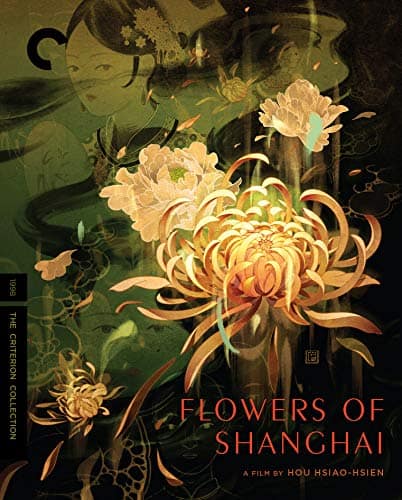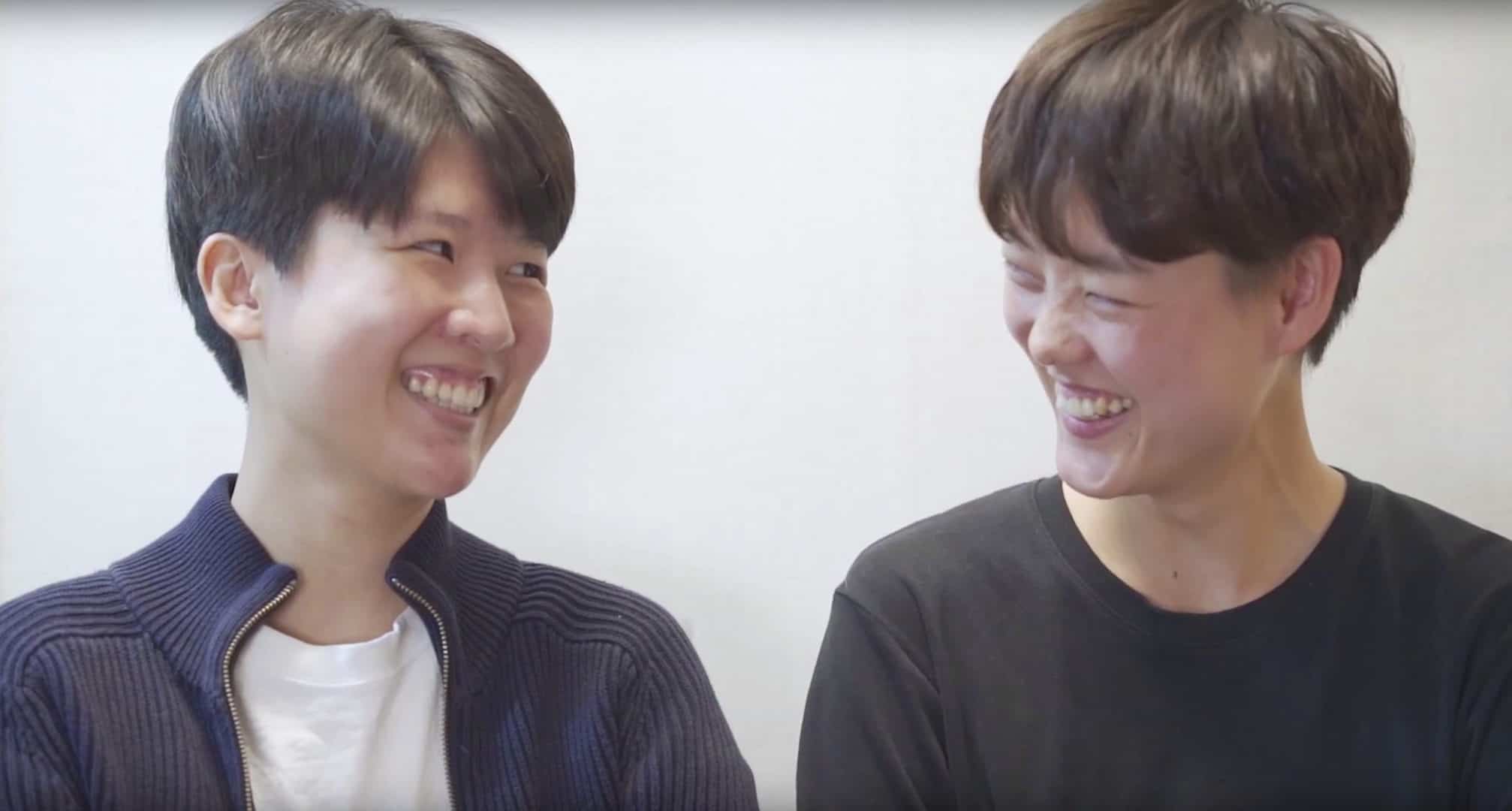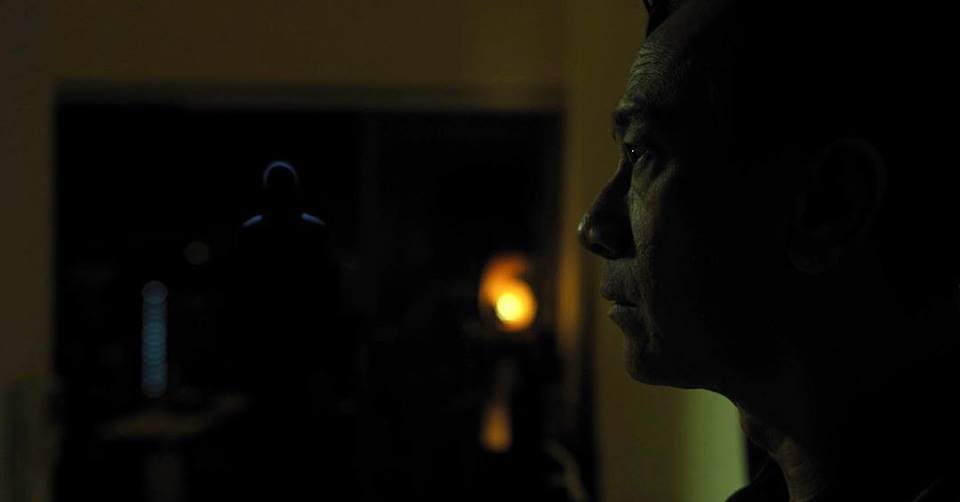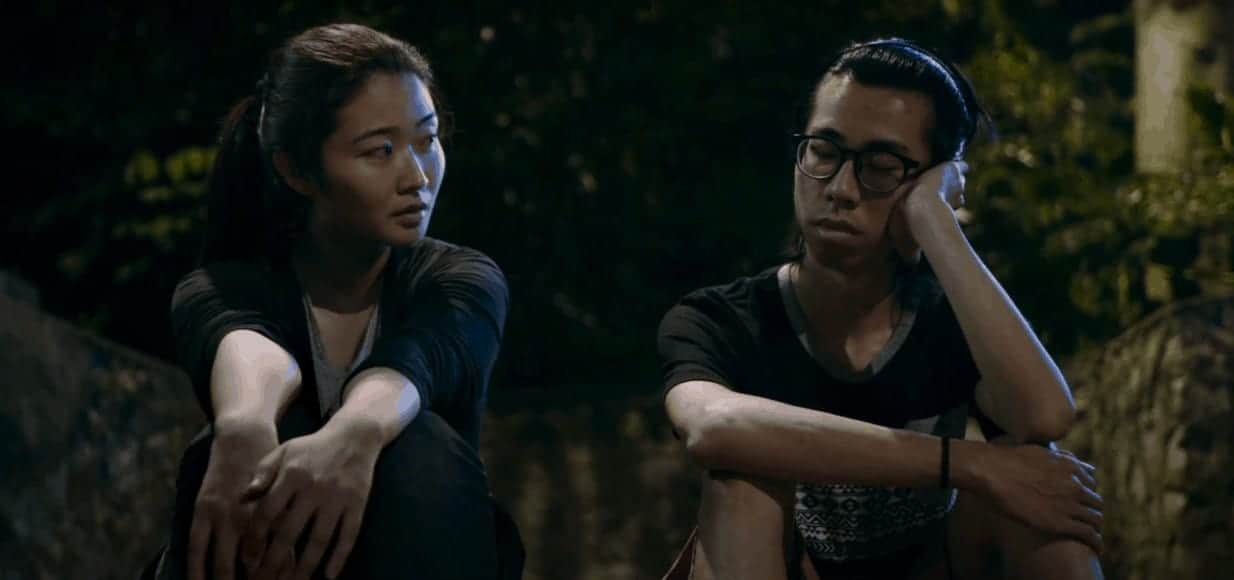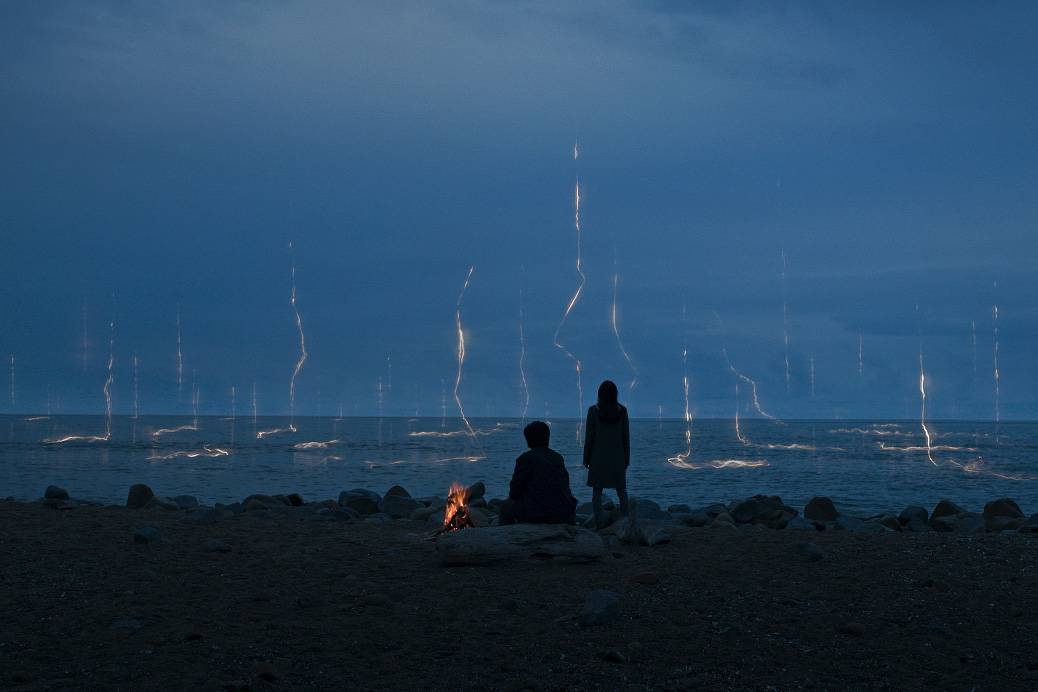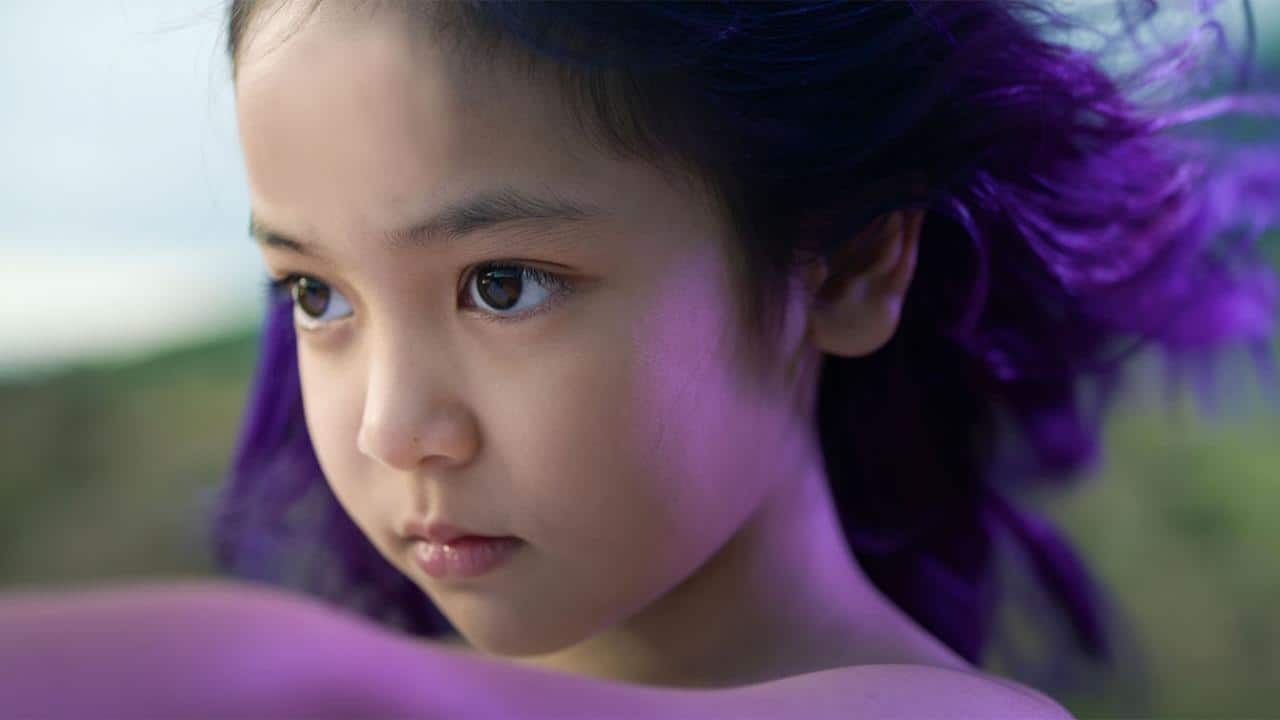After such works as “A City of Sadness” Taiwanese auteur Hou Hsiao-Hsien, member of the Taiwanese New Wave, was looking for new topics, also outside his home country. Eventually he stumbled upon a novel by Han Ziyun, translated into Mandarin by Eileen Chang, about the Shanghai flower houses, their relevance to urban life in the early 1900s and before, as well as their hierarchy. The work inspired “Flowers of Shanghai”, in they eyes of many cinephiles and critics his most artful feature, which was nominated for Best Film at Cannes Film Festival in 1998 and won the award for best Art Direction and the Jury Award at Golden Horse Film Festival.
Buy This Title
on Amazon
The story takes place during the 1880s, and covers many characters and their encounters in one of the most prestigious “flower houses” of Shanghai”. Organized and ruled by “aunts”, these houses offer shelter for many young women, who become courtesans and hopefully even wifes of one of their many male costumers, all of which members of the high class. Especially when a “flower” becomes old and has reached the end of her bloom, these women often become rather desperate to find a husband among their suitors. Crimson (Michiko Hada) is one of them, and has been entertaining a relationship with taciturn businessman Wang Lingsheng (Tony Leung Chiu-Wai) for quite some time, so that everyone assumes he will eventually take her as his wife. However, when he finally proposes, Crimson rejects him, demanding economic securities, which he denies her. In return, he threatens to break up with her, in favor of Jasmin (Vicky Wei). Since Wang was Crimson's only costumer, this rejection comes with a high price for both of them.
Aside from this story, we also follow the events in the life of courtesan Jade (Hsuan Fang), who is about to become the wife of Master Zhu (Simon Chang). However, his obligations towards his family threatens their relationship, resulting in some rather dramatic events. Meanwhile, Emerald (Michelle Reis) has an ambitious plan to gain her freedom, and when Master Luo (Jack Kao) makes an offer for marriage, the payment is much too small in her mind, and she insists it will not grant her the kind of independence she desires.
As with many of his other features, “Flowers of Shanghai” has been criticized for its style which trumps over substance. However, nothing could be further from the truth, as both aspects compliment each other, making this work one of the most satisfying ones in the director's filmography. The overall structure of the feature consists of many long takes, most of them static or with very little camera movement, showing the various events happening in the flower houses, the gossip among the courtesans and their suitors, as well as the various dealings about the future of the “flowers”. While there is an undeniable beauty in the aesthetics of these sets, there is also something cold and calculating about these places too, which are essentially nothing more than “golden cages”, with the fragments of entertainment diverting from the fact we are observing an aspect of life defined by bondage, hierarchy and obedience.
Along his colleagues from the New Wave, Hou also follows the rule of “show, don't tell”. Many of the long sequences, especially the artful opening shot showing the men and their courtesans engaging in a game of chance and having tea, are worth analyzing, as the smallest detail, gesture and facial expression can give away a lot. The facade of light entertainment again becomes transparent, emphasizing how the dealings and conversations are driven by power and superiority. The various “flowers”, multifariously portrayed by a great female cast led by Michelle Reis, Michiko Hada and Hsuan Fang, to name but a few, highlights how these women have found their ways of survival in this merciless competition which decides about their future and, ultimately, their dream of an independent life, outside the golden cage.
In the end, “Flowers of Shanghai” is a beautifully shot and intricately written as well as acted drama. Hou Hsiao-Hsien shows his viewer a historical setting whose concepts of power, hierarchy and competition still seem quite relevant today, making this feature worth repeated viewings as the various scenes include a multitude of information and beauty.


